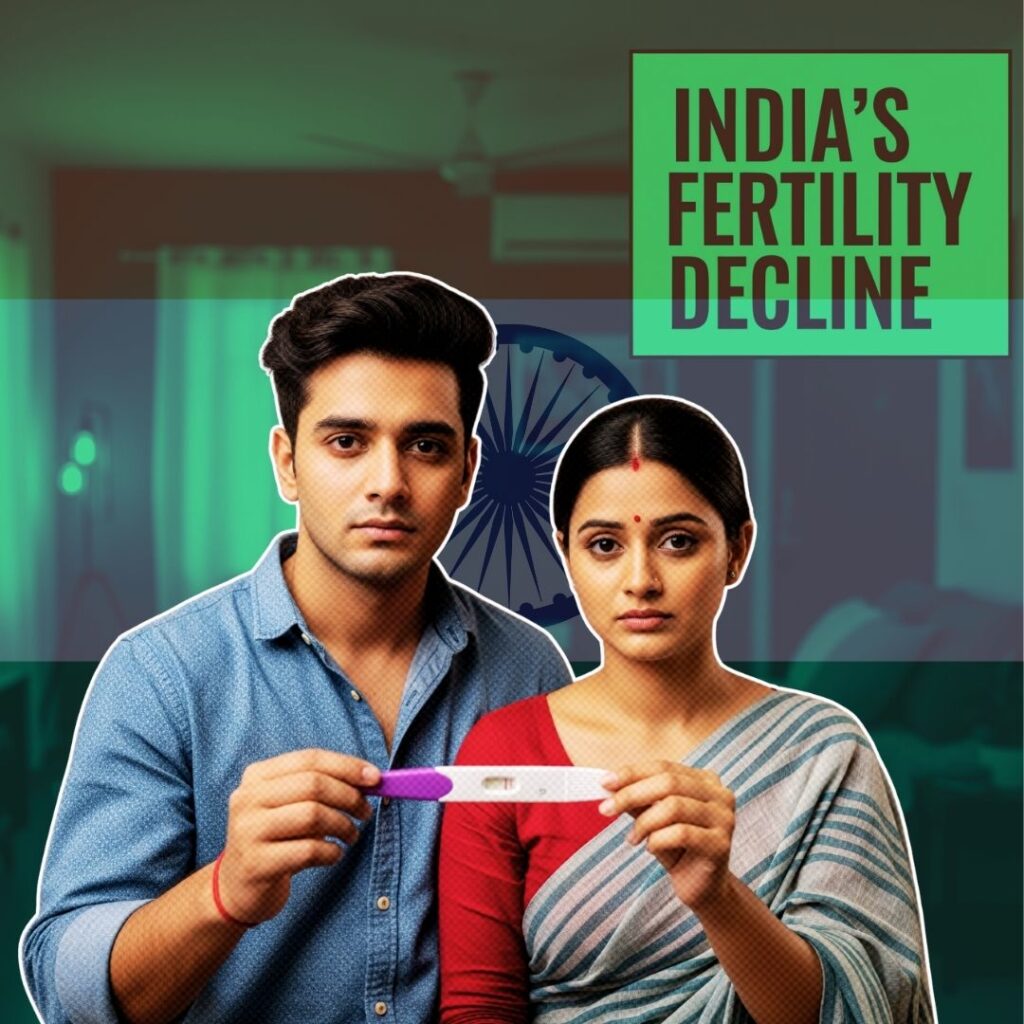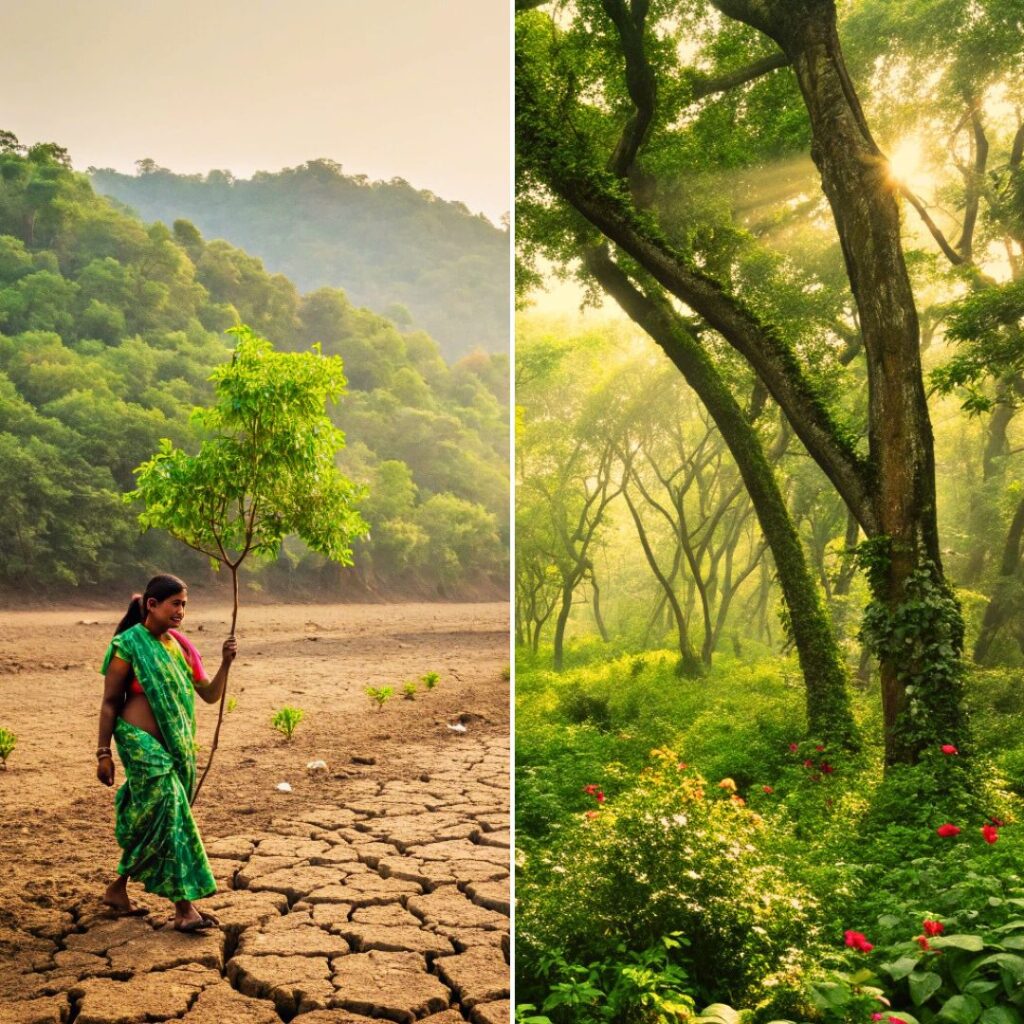The Supreme Court on March 8 pertaining to decades-old political and religiously charged Ayodhya’s Ram Janmabhoomi- Babri Masjid land dispute case ordered a court-monitored mediation, reported Business Today. The calling for the mediation is under Section 89 of the Civil Procedure Code, reported Financial Express.
What is mediation?
Mediation law refers to a form of alternative dispute resolution in which parties to a lawsuit sit with a neutral party to settle the case. The third party is called a mediator.
The five-judge Constitution bench appointed a panel of three mediators in the title suit. This panel will be chaired by the Retired Justice FM Kalifulla. The two other appointed by the apex court are spiritual leader Sri Sri Ravi Shankar and senior advocate Sriram Panchu. The court asked the panel to start the mediation process within a week from Friday with a deadline of eight weeks i.e. March 15 to May 15 in full confidentiality . The mediators will file a progress report of the proceedings within four weeks. All the proceedings will take place in Uttar Pradesh’s Faizabad.
Meet the members of the panel
All the three-panel members hail from Tamil Nadu. Justice Kalifulla practiced law in Chennai and later was appointed as Madras High Court Judge in the year 2000. He became the Chief Justice of High Court of Jammu and Kashmir in 2011. In 2012, he was transferred to the Supreme Court. He has delivered several landmark judgement, one of them being inclusion of Vedic astrology as scientific study course.
Commenting on the mediation process, he said, they “will take every effort to resolve the issue amicably.”
Sri Sri Ravi Shankar, the founder of the Art of Living foundation has often been quite vocal about his views on the disputed land case. According to an article, the spiritual guru advised the Muslims to give up their claim on the disputed land because if the Ram temple issue in Ayodhya is not resolved, “India will turn into Syria.” Reacting to inclusion of Sri Sri Ravi Shankar, the AIMIM Chief Asaduddin Owaisi expressed his sharp disapproval.
Taking to Twitter, he tweeted, “Respecting everyone, turning dreams to reality, ending long-standing conflicts happily and maintaining harmony in society – we must all move together towards these goals.”
Sriram Panchu is a senior advocate and expert mediator, mediating cases since the 1990s. He was the founder of The Mediation Chambers, the country’s first center in the year 2005 and is the director on the board of the International Mediation Institute (IMI).
Panchu is known for making mediation a part of the Indian legal system. The top Court appointed him to mediate a 500-square-kilometer land dispute between the states of Assam and Nagaland. Apart from that he played a crucial role in solving a public dispute involving the Parsi community in Mumbai.
After being appointed a mediation member for the Ayodhya land dispute, Panchu said, “It is a very serious responsibility given to me by the Hon’ble Supreme Court, I will do my best.”
The mediation panel
The five-judge Constitution bench comprising of Chief Justice Ranjan Gogoi, Justices SA Bobde, DY Chandrachud, Ashok Bhushan and SA Nazeer underlining the matter for mediation said that there is no legal obstruction to send the matter for mediation for arriving at a possible settlement.
“We, therefore, order accordingly, and having taken note of the names suggested by the parties, we are of the view that the following panel of mediators should be appointed to go into the dispute with liberty to the mediators to co-opt other members of the panel, if so required,” it said.
The bench said that it is not merely a litigation over a piece of land but matters relating to hearts, minds, and faith of a large populace. Also stating that it was conscious of the gravity and impact of the issue on “public sentiment” and also on “body politics of the country”. The court-monitored proceedings will be conducted in “utmost confidentiality” and logged in-camera. To ensure the success of the mediation process, no media will be allowed to publish the details of the proceedings.
Reactions and recommendations
While most Hindu religious bodies, except the Nirmohi Akhara, have adamantly opposed the suggestion to go for mediation. Muslim religious bodies have supported the idea.
Four earlier attempts to solve the dispute through mediation turned out to be a futile effort.
Simultaneously, the top court is also hearing a challenge against a 2010 judgment of the Allahabad High Court related to the land title dispute. Against the high court judgement fourteen appeals have been filed in the Supreme Court.
Also Read: Maharashtra: With Cries Of ‘Ram Mandir’ On Lips, 2000 Shiv Sena Workers Head To Ayodhya











